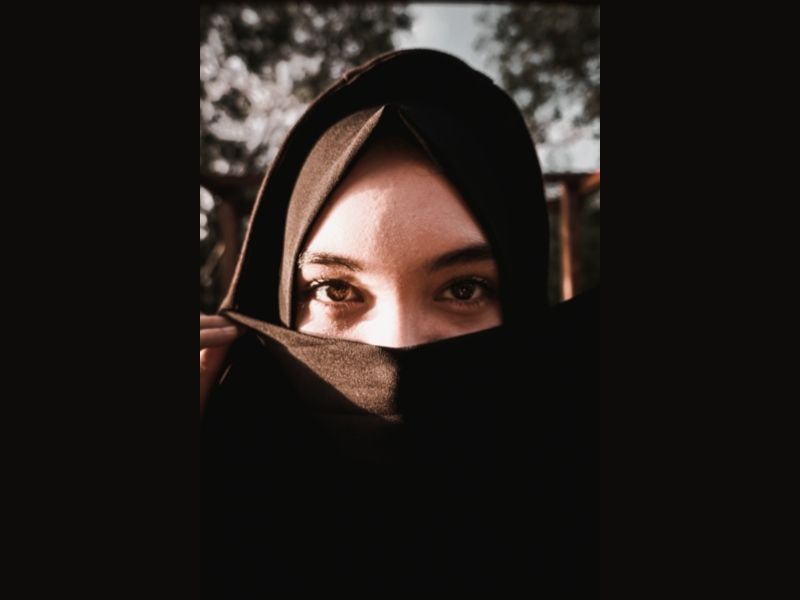France’s education minister prohibited long robes in classrooms starting from the upcoming school year. These robes, predominantly worn by Muslims, are seen as a challenge to secularism in the country’s schools.
Critics argue that abayas, worn by women, and khamis, worn by men, are merely fashion choices and don’t represent an overt religious symbol. They contend that these garments should not be banned in classrooms under the existing 2004 law.
Gabriel Attal, the recently appointed education chief, views these robes as “an affront to secularism,” a core value in France, and sometimes an attempt to disrupt schools. Attal, 34, who assumed his role in July, faced a potentially contentious situation with the ban on long robes, aimed at safeguarding secularism. This step comes in response to a rise in reports of these garments in classrooms across the country, a subject that has previously ignited heated debates.
“Our schools are under constant scrutiny. We are aware of that,” Attal stated during a press conference a week prior to the start of the school year. He noted that the wearing of abayas and khamis, which is a “recent phenomenon,” has been increasing and requires a resolute response to address potential “violations and destabilization.”
“We need to remain united. We will stand together. … The abaya is inappropriate for the school environment, just like religious symbols,” Attal asserted, citing the 2004 law that prohibited Muslim headscarves, Jewish kippas, large crosses, and other overtly religious adornments in classrooms.
French authorities have taken a more proactive stance on upholding secularism, a constitutional principle intended to ensure religious neutrality. This is particularly significant in a multicultural nation where some French Muslims wish to express their religious identity. Authorities are concerned that religious symbols could serve as a conduit for Islamic radicalism, while some Muslims feel marginalized by efforts to impose conformity. Islam ranks as the second-largest religion in France.
In 2021, a law aimed at combating what officials term “separatism” was passed to reinforce the French value of secularism, even among public servants. This legislation bolstered the detection of signs of Islamic radicalism, including tighter oversight of mosques, schools, and sports clubs.
There was swift opposition to the proposal of banning long robes in schools. Abdallah Zekri, a leader of the French Council for the Muslim Faith, stated on BFMTV that, for him, the abaya is not a religious attire but rather a type of fashion. His stance mirrors the position of his organization, which believes that the abaya does not carry religious significance for Muslims.
Attal’s predecessor, Pap Ndiaye, struggled to address the issue of long robes in classrooms, effectively leaving the decision to school principals as the trend grew. Over the past year, there has been a 120 percent increase in indications of breaches of secularism between the 2022-2023 school year and the previous one, rising from 2,167 to 4,710, according to a confidential note obtained by Le Monde newspaper. This surge was primarily attributed to the wearing of abayas and khamis.
“Public schools must be shielded, more than any other institution, from religious proselytism and any semblance of communitarianism,” Attal remarked, referring to the concept of communities emphasizing their cultural or spiritual identity over their French identity.
To enforce the ban on abayas and khamis in classrooms, Attal announced plans to train 14,000 educational leaders by the end of the year and 300,000 personnel by 2025. Top administrators will visit schools that require assistance as well as those with specific needs during the start of the school year.
The 2004 law banning religious symbols in classrooms was passed after contentious debates. It remains to be seen if the education minister’s directive to ban long robes from schools will cause tensions within classrooms.
Eric Zemmour, a hard-right politician who leads the Reconquest! party opposed to immigrants, posted on a social media platform that banning abayas is a positive step if implemented. He supports uniforms in classrooms. Clementine Autain, a lawmaker for the hard-left France Unbowed party, criticized the move as “anti-constitutional” and questioned the extent of what she referred to as the “clothes police.”
Source: PTI
Also read: Famous hijab-wearing personalities around the world
























